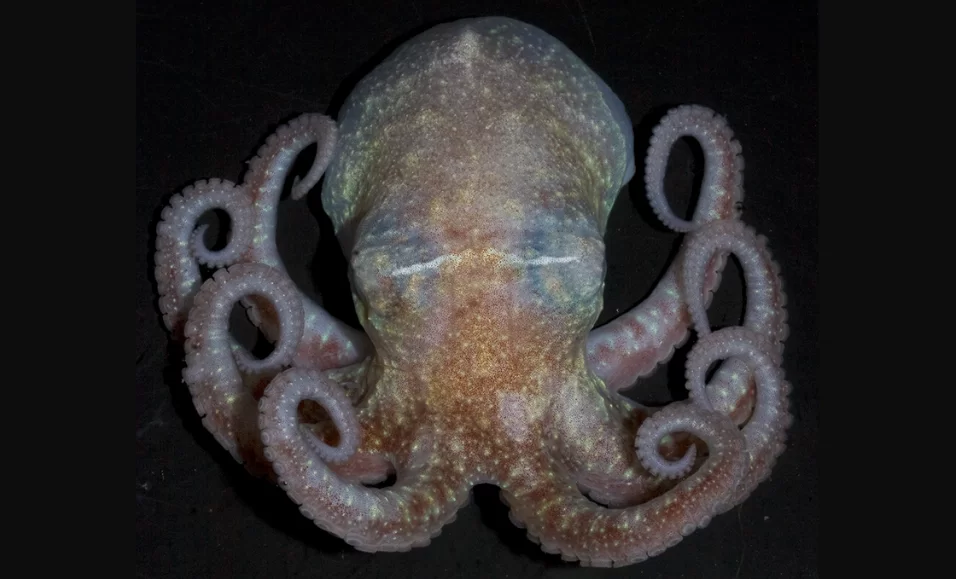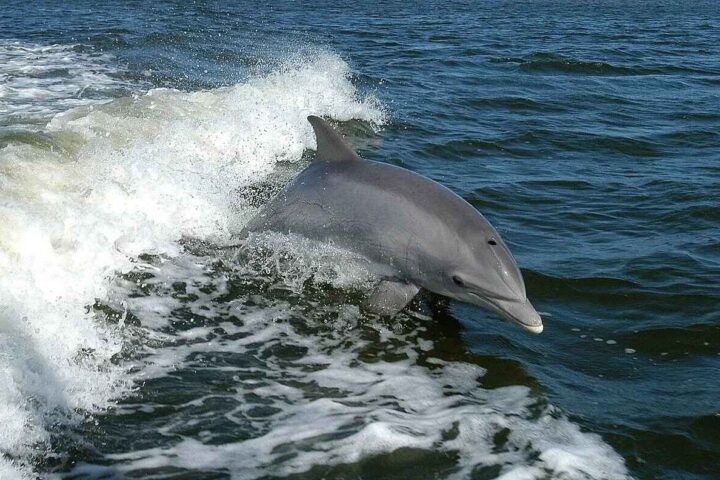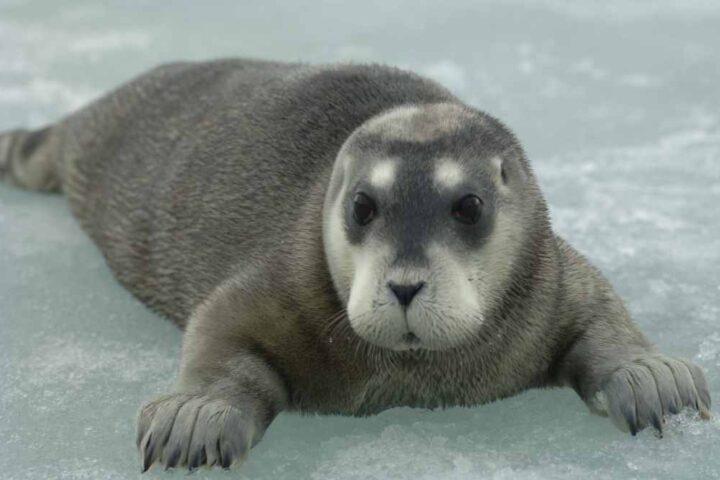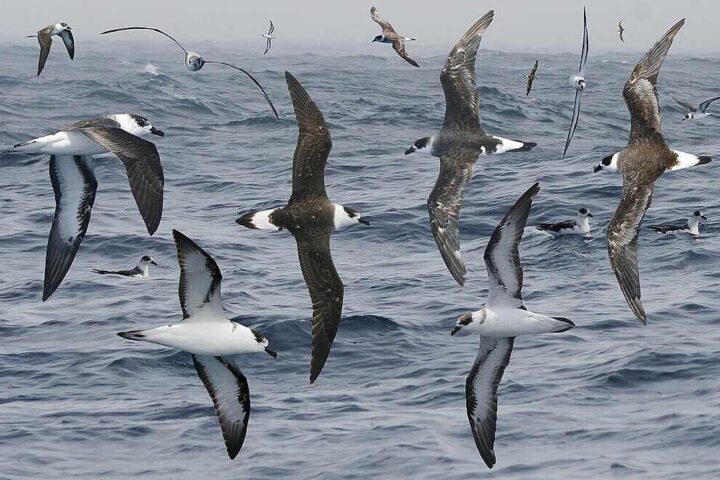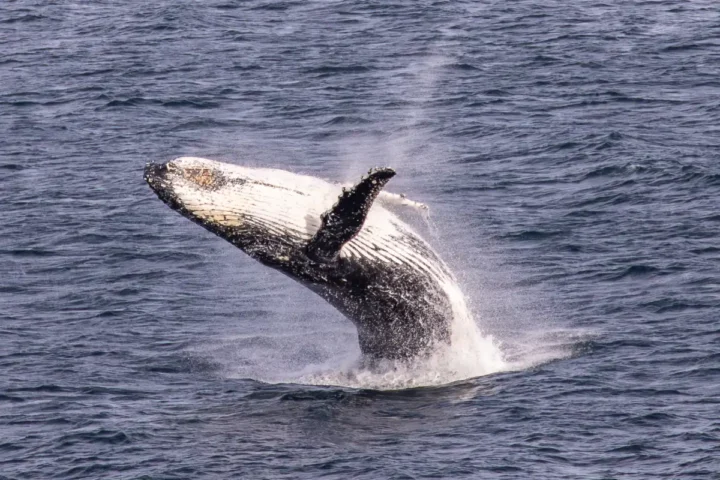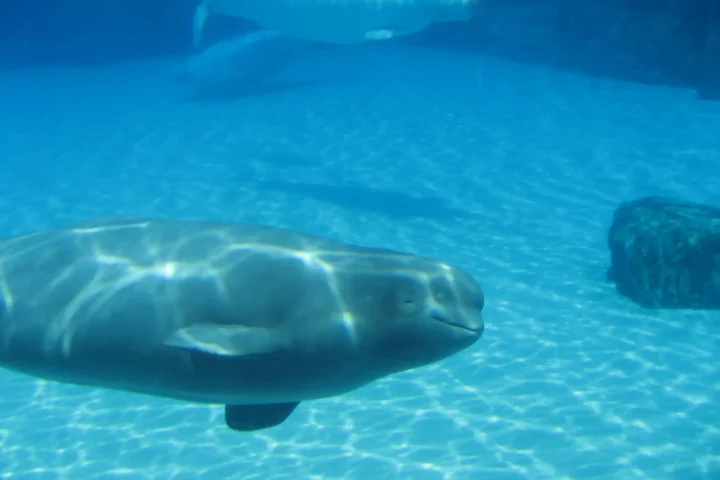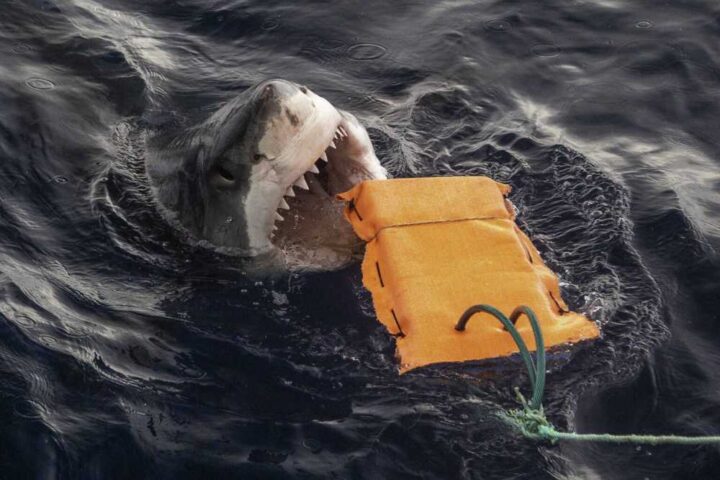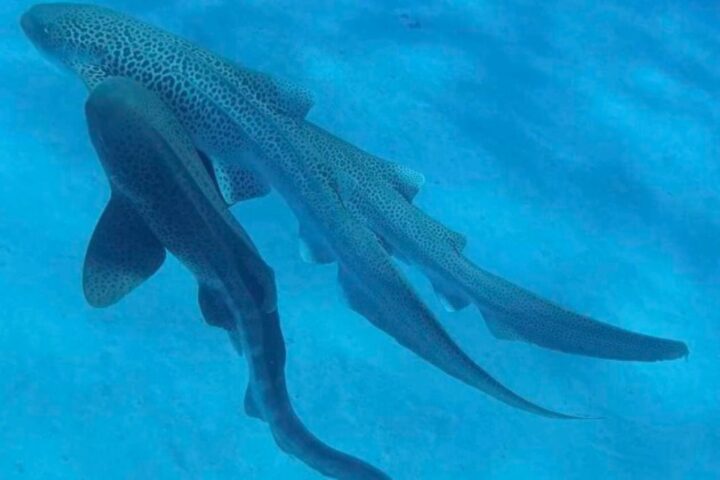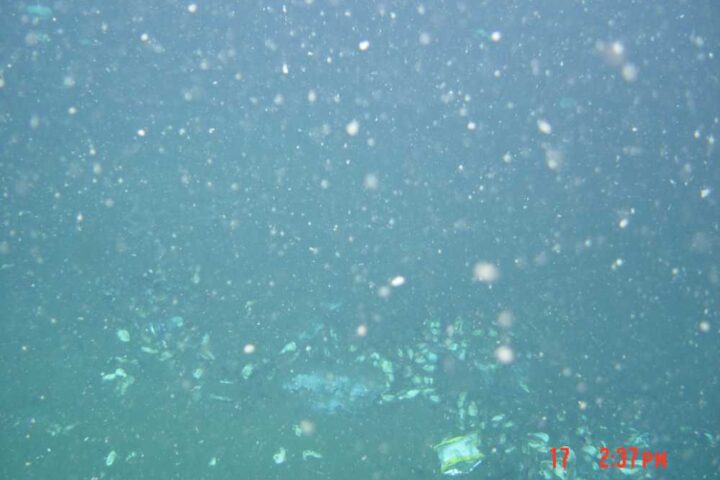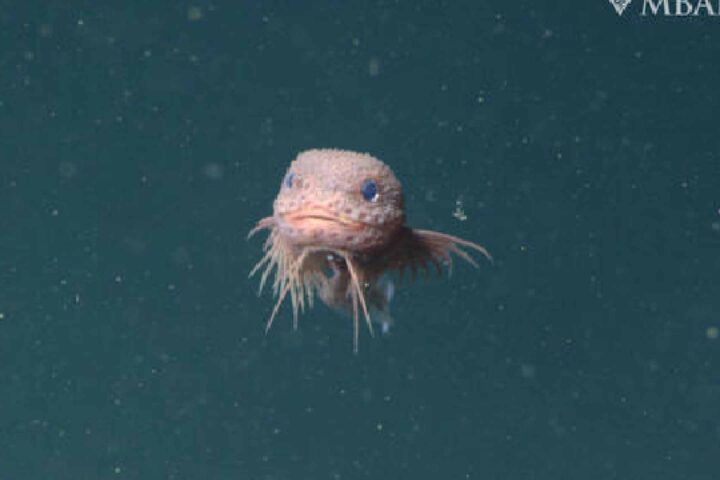Scientists have used the DNA of a small pink octopus to solve a decades-old mystery about climate change, winning Australia’s top science award in the process. A collaboration of experts from James Cook University, CSIRO and the Antarctic Research Centre received the Eureka Prize for Excellence in Interdisciplinary Scientific Research for their groundbreaking work.
Their breakthrough came from studying the humble Turquet’s octopus, a pale pink creature that grows to about 15 centimeters and hunts along the Antarctic seafloor.
“They occur all the way around Antarctica, so they’re a circumpolar species,” explains Professor Jan Strugnell, who co-led the research team. Unlike many marine species, these octopuses don’t have a larval stage that would let them drift long distances, and they don’t travel far as adults.
The scientists analyzed genetic samples from Turquet’s octopuses living on opposite sides of the massive West Antarctic Ice Sheet (WAIS). Surprisingly, they found these separate populations were genetically linked – something only possible if the seas had been connected in the past.
This indicates the WAIS likely collapsed about 120–125,000 years ago when global temperatures were ~0.5–1.5°C above pre-industrial.
“The implication of the work is that we might be subject to sea level rise of three metres or more,” Strugnell warns. “This is very hard for us to imagine. There are many, many millions of people that live in very low-lying coastal areas, including in Australia.”
Similar Posts
The research published in Science presents a concerning conclusion: the ice sheet could collapse and cause significant sea level increases even with successful efforts to limit global warming to minimal levels.
Strugnell also contributed to additional research documented in Nature that indicates the West Antarctic Ice Sheet faces high collapse risk if immediate steps aren’t taken to lower carbon emissions.
The research demonstrates the power of cross-disciplinary collaboration. “It took a multidisciplinary team to achieve this, which we’re really proud of,” says Strugnell. “It was really great to work with geologists and oceanographers, museum scientists, genomic experts and bioinformaticians.”
This genetic detective work provides the first empirical evidence answering a question scientists have been trying to solve since the 1970s, using DNA as a time capsule to reconstruct Earth’s climatic past.
“Antarctica feels like such a long way away. And perhaps even in people’s minds, it’s stable,” Strugnell notes. “But what happens in Antarctica doesn’t stay in Antarctica.”
